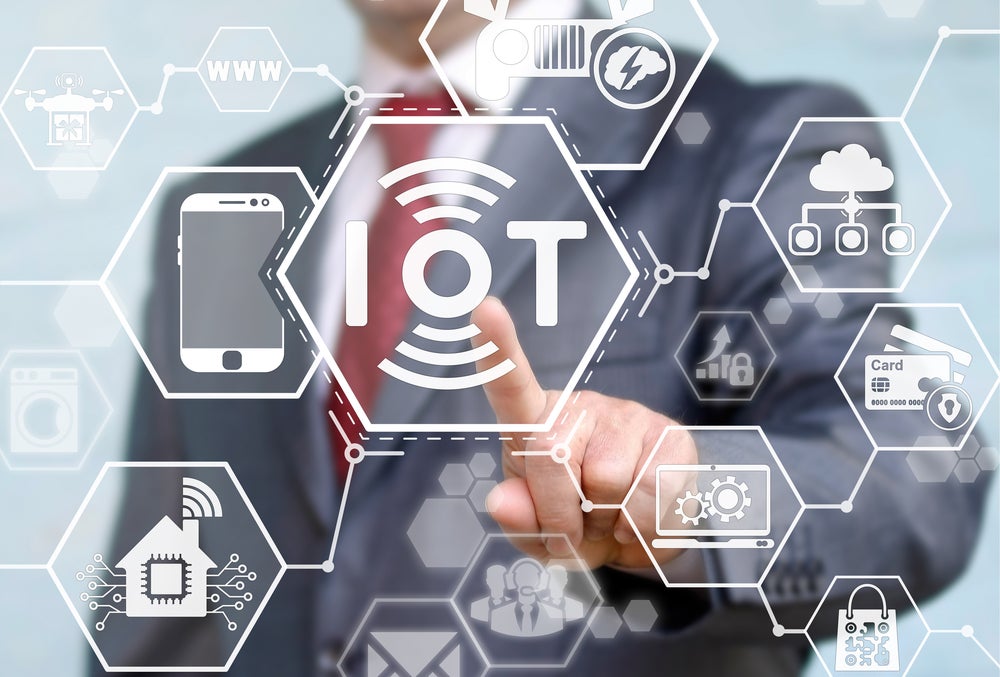Leading US IoT Mobile Virtual Network Operators (MVNOs) are adapting to uncertain market conditions by being acquired or acquiring other companies or assets.
IoT services remain a growth opportunity, but consolidation may be the only way to stay in the game in challenging times. Industrial Internet of Things (IIoT) MVNOs play an important role in expanding the reach of enterprises looking to connect devices across the world, primarily via cellular technologies. They also expand mobile or fixed operators’ footprints as a partner or sell directly to OEMs that use eSIMs/iSIMs for widespread, easy-to-use connectivity.
Seamless connectivity with MVNOs
Customers often use MVNOs for seamless connectivity in multiple regions where a single carrier cannot provide service. MVNOs may partner with satellite providers or have their own satellite connectivity services, ideal for markets where cellular service is spotty or unavailable such as maritime environments. While trying to enhance revenues and margins by adding coverage, vertical solutions, advisory and professional services, and go-to-market partnerships, market consolidation among MVNOs has been a key trend in this market for many years, especially in regions where there are too many providers.
Unhealthy competition
While the US is not over-saturated with contenders, none of the leading MVNOs remains confident of significant revenue/margin growth, as connectivity continues to commoditize and Average Revenue Per User (ARPU) declines. This is largely due to competition from mobile operators with global SIMs and extensive roaming agreements, and from the growth of LPWANs for low bandwidth use cases such as sensor data collection, which has lowered pricing in many cases to $1-2 per connection.
Changing fortunes
Over the past 12 months the fortunes of three of the leading US IoT MVNOs have shifted due to acquisitions of assets or from acquiring or being acquired by other companies.
• KORE Wireless is one of the only remaining pure-play IoT MVNOs in the US, having acquired many rivals over the years. It is considered a large MVNO, with estimated revenues of about $300m in 2022. KORE provides global IoT connectivity to about 3,600 customers via the networks of 45 cellular and satellite partners in more than 190 countries. The combination of its MVNO model with dedicated infrastructure; a connectivity and device management platform; and flexible, global price plans with built-in discounts has been a compelling option for enterprises looking for a single-source global IoT connectivity provider. It has updated its portfolio with strategy and readiness consulting, IoT application management and data-as-a-service, reporting and analytics, asset monitoring, IoT security management, and endpoint lifecycle management. In 2022, it doubled down on connected healthcare and life sciences with acquisitions of Business Mobility Partners and SIMON IoT. In June 2023, KORE acquired Twilio, known for its digital customer engagement platform, and an IoT business that enables developers to build applications for use cases such as asset and fleet tracking, smart building management, wearables, predictive maintenance, and inventory management. KORE has also changed its messaging, calling itself “the first IoT hyperscaler”. This implies that the acquisition may significantly enhance its ability to provide a one-stop shop, global 24/7 customer support, and extensive multi-SIM support.
How well do you really know your competitors?
Access the most comprehensive Company Profiles on the market, powered by GlobalData. Save hours of research. Gain competitive edge.

Thank you!
Your download email will arrive shortly
Not ready to buy yet? Download a free sample
We are confident about the unique quality of our Company Profiles. However, we want you to make the most beneficial decision for your business, so we offer a free sample that you can download by submitting the below form
By GlobalData• Aeris Communications evolved from its origins as an IoT MVNO to become an IoT platform vendor and provider of vertical solutions. It specializes in the automotive industry but also serves other verticals. While it aggregates connectivity from 600 operators in 190 countries, it has become more of a partner than a direct competitor to operators, offering platforms and vertical expertise to them as well as to enterprises. In 2023, Aeris acquired the IoT assets of Ericsson, including its IoT Accelerator platform and Connected Vehicle Cloud businesses. It has adapted its messaging to stress its “intelligent” IoT connectivity network and end-to-end software suite, which leverages AI/ML to analyze data flows across millions of IoT devices to optimizes connectivity, operations, and security. Aeris’ acquisition of Ericsson’s IoT assets provides it with a well-regarded IoT connectivity platform that already serves hundreds of operators in 190 countries, connecting hundreds of millions of devices. While the sale was viewed as a sign that Ericsson was not making the kinds of money or profits it needed from its platform, it is a boon to Aeris and substantially enlarges its customer base.
• ORBCOMM provides solutions that connect businesses to their assets to deliver increased visibility and operational efficiency. While its origins and IP are as a satellite network provider, it offers a broad set of asset monitoring and control solutions, including seamless satellite and cellular connectivity (the latter through Tier 1 cellular operator relationships), unique hardware, and vertical applications backed by end-to-end customer support from installation to deployment and customer care. ORBCOMM’s customer base includes OEMs, enterprises, and channel partners spanning transportation, supply chain, warehousing and inventory, heavy equipment, maritime, natural resources, and government. ORBCOMM made 12 acquisitions in seven years, resulting in some redundant systems, which it has been in the process of optimizing to improve margins. In September 2021, ORBCOMM was acquired by investment firm GI Partners for $1.1bn. The investment reflects ORBCOMM’s momentum in industrial IoT and increases its ability to boost sales, marketing, and technology to accelerate growth, execute on its long-term strategic plan, and expand globally.









Related Company Profiles
Twilio Inc
ORBCOMM Inc